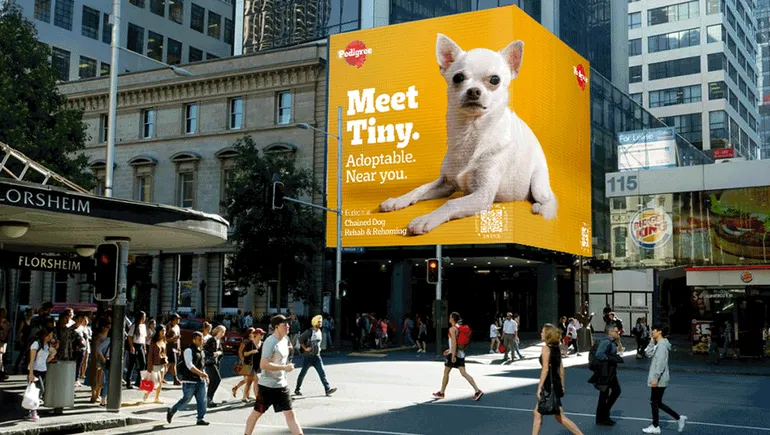
WSJ: Mastercard, Uber, PayPal among major brands backing Facebook’s mysterious cryptocurrency
Brief:
- Mastercard, Uber, Visa and Paypal are among the dozen-plus major companies backing Facebook’s secretive cryptocurrency Libra, which the social media giant is expected to formally announce next week, The Wall Street Journal reported, citing people familiar with the matter. The fintech company Stripe, the travel booking platform Booking.com and the Argentinan e-commerce site MercadoLibre are also involved in the initiative, according to the report, suggesting the project will operate at the international level.
-
Each of the companies will invest roughly $10 million in a governing body for Libra — money that Facebook will use to develop the coin as it plans a launch in 2020, according to the Journal. Libra, which has been in the works for about a year, will not be directly controlled by Facebook nor members of the consortium. Instead, some member companies will act as so-called “nodes” in the larger network, per the Journal, helping to verify and keep records of transactions. Having the network be its own entity might help Facebook steer clear of additional regulatory hurdles as it continues to grapple with scrutiny from lawmakers toward areas like data privacy.
- However, certain members of the consortium — apparently dubbed the Libra Association — are unaware of how the payments will work and what their specific duties will be in the operation, the Journal’s sources said. A few are also worried that Libra could experience problems that have hindered the reputation of other cryptocurrencies, such as being used to support money laundering or even finance terrorist organizations, according to the Journal.
Insight:
Cryptocurrency payments, watched with varying degrees of interest over the past several years as the digital coin markets have wildly fluctuated, could finally get some mainstream traction with the introduction of an offering like Libra. Facebook retains around 2.4 billion global users that it could easily direct to the new crypto-network — a degree of influence that gets rid of the scale problem that’s proved a barrier to other cryptocurrencies and one that has reportedly won the investments of a number of global brands touching across e-commerce, telecommunications and even ride-hailing.
While the details of Libra and its body of governance remain murky for now, the news is indicative of how Facebook is thinking about its business model differently in a bid to pivot away from the open newsfeed format that’s supported its platform for years. The social network, which also owns WhatsApp and Instagram, announced earlier this year that it would focus more on private, encrypted messaging, responding to a barrage of data privacy scandals, including Cambridge Analytica, that caught the attention of lawmakers in the U.S. and abroad. Facebook could double the amount of spending it puts toward consumer-facing advertising, along with tweaking its agency roster, as it looks to improve public perception in the wake of these crises, according to a separate Journal report.
On paper, cryptocurrencies, which are built on the ledger-based blockchain system, provide a lot of the values Facebook is looking for, such as immutable data and a transaction system where all parties must verify a payment before it’s completed. However, cryptocurrency’s promise of a safer way of paying has not been realized at any sort of meaningful scale. The technology also hasn’t lived up to lofty goals in regards to transparency, as a bevy of fraudulent initial coin offerings have soured many on the space.
Still, there are signs that digital coin payments are attracting more interest after a relatively quiet period and as U.S. consumers become more comfortable adopting mobile and contactless payment methods. These areas are watched closely by the same type of financial services companies that are now investing in Libra. Startups have similarly jumped at the opportunity.
Spedn, a mobile wallet app developed by the global payments network Flexa, debuted last month, with users able to complete transactions at large retailers like Whole Foods, Bed Bath & Beyond and Nordstrom. The app, able to hold bitcoin, Bitcoin Cash, ether and Gemini coins, was curiously underplayed by its retail partners at launch, indicating big business’ hesitation to broadcast the acceptance of cryptocurrency payments.
Facebook is far more widely recognized and used than Flexa, a startup that formed just last year. Facebook also reportedly has extensive plans to pitch Libra to businesses, including through a white paper that will be attached to the expected official reveal of the coin next week, the Journal said.





